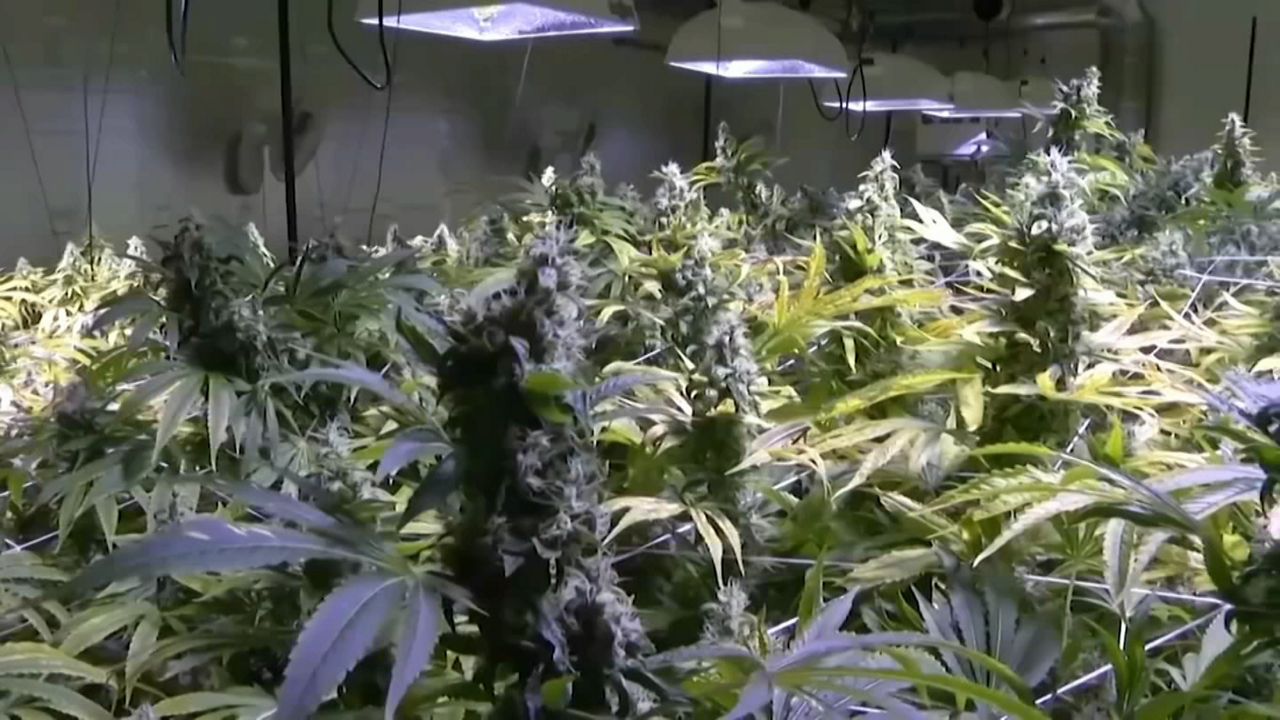A bill legalizing marijuana and cannabis products in New York was signed into law on Wednesday morning by Gov. Andrew Cuomo, cementing a milestone victory for advocates who had sought the measure over the last several years.
The measure will usher in what is expected to be multi-billion market in the coming years and makes New York the latest state to legalize adult-use marijuana for those over the age of 21. Fifteen other states have approved similar adult-use laws.
"This is a historic day in New York - one that rights the wrongs of the past by putting an end to harsh prison sentences, embraces an industry that will grow the Empire State's economy, and prioritizes marginalized communities so those that have suffered the most will be the first to reap the benefits," Cuomo said. "This was one of my top priorities in this year's State of the State agenda and I'm proud these comprehensive reforms address and balance the social equity, safety and economic impacts of legal adult-use cannabis. I thank both the Leader and the Speaker, and the tireless advocacy of so many for helping make today's historic day possible."
The new law decriminalizes the possession of up to three ounces of marijuana and allows for adults to grow up to six marijuana plants per person in a household, with half of the plants remaining immature.
Retail stores selling cannabis products as the bill ultimately envisions will take at least another year to establish themselves in the state.
The measure also seeks to strengthen the state's already existing medicinal marijuana program, allowing in some instances for the co-location of adult-use and medicinal marijuana dispensary sites.
Those with prior marijuana-related convictions that are no longer illegal will have their records automatically expunged.
Smoking or ingesting marijuana will be prohibited in some areas, including in and around schools as well as in a car.
Cuomo in prior years had been a skeptic of marijuana legalization, previously calling it a gateway drug. But in 2018, Cuomo endorsed a legalization plan. It would still take another three years for an all-Democratic Legislature to back the proposal amid concerns over traffic safety and impaired driving.
The bill includes provisions for studying the impact of traffic safety once it fully takes effect. Local governments will be allowed to opt-out of allowing retail dispensaries or on-site consumption licenses if a local law is approved by the end of the year.
The state expects to raise $350 million in tax revenue, with 40% diverted to education, 40% to to community grants, and 20% to drug treatment.



